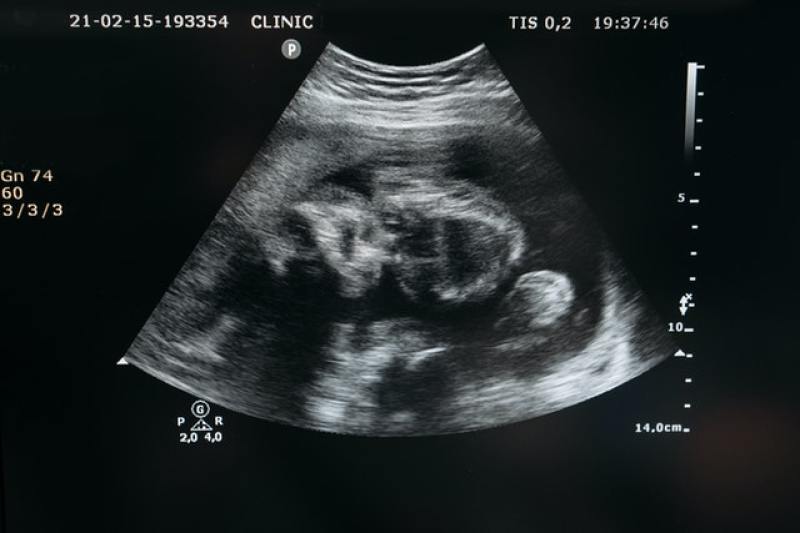
The Florida House of Representatives passed last Thursday in a 78-39 vote the House Bill 5, which bans abortions for pregnancies 15 weeks and beyond.
Right Side Broadcasting Network reported that the bill took five hours to be passed after much debate and delay in the Republican-led House. The bill will next be reviewed by the state Senate before Florida Governor Ron DeSantis signs it.
House Representative Chair Erin Grall said the bill highlights the advances in science that clarify the moment when human life begins. Grall was praised by co-Republics for bravely defending the unborn through the bill, which protects the sanctity of life and human dignity.
"This is not about religion. This is about advances in genetics and related fields that make clear that a new and unique human being is formed at the moment of conception. That is why we seek to protect the children that are over the age of 15 weeks old," Grall pointed out.
House Bill 5 provides exceptions for cases when the mother's life is at risk, when a physical impairment is irreversible, or when the baby is expected to have a fatal abnormality. DeSantis signified support for the bill early in January when he announced upcoming pro-life legislation will be released and implemented in the state.
"There's a lot of pro-life legislation. We're going to be welcoming it. I haven't looked at every single bill. I think if you look at what's been done in some of these other states--I mean when you start talking about 15 weeks, where you have really serious pain and heartbeats and all this stuff--having protections, I think, is something that makes a lot of sense," DeSantis said.
DeSantis in September announced that Florida will be creating similar pro-life laws to that of Texas' Heartbeat Act and Mississippi's Gestational Age Act. The Texas Heartbeat Act or Senate Bill 8 bans abortions on pregnancies beginning six weeks once a fetal heartbeat has been detected. While the Mississippi Gestational Age Act bans abortions on fifteen weeks of pregnancies.
Both laws have been contested in the United States Supreme Court by pro-choice advocates, with the latter pending a decision for release sometime in June in line with the Dobbs v. Jackson Women's Health Organization case. Amicus briefs sent to the Supreme Court for Dobbs v. Jackson highlight the advances in Science in terms of developments in fetal development. The amicus briefs are said to have been helpful to clarify to the courts the urgency of overturning Roe v. Wade.
One of the briefs sent by a group of doctors presented 4D ultrasound images to show how the unborn really are at various gestational weeks. The images vividly show the unborn as fully human at 12 weeks. Pro-life giant Susan B. Anthony List even urged legislators that it is about time the law reflects the Science.
In the event of Roe v. Wade being overturned, Florida is one of the 21 states projected to immediately criminalize abortion in the country.
The Hill reported that House Bill 5 threatens many women from losing abortion access in Florida and will push them to travel far for the procedure since surrounding states implement similar restrictions.
A ban on abortion on 15-weeks-old pregnancies has been implemented in Arizona and West Virginia. The bill is effected to be implemented on July 1 once approval is given by the Senate and the governor.


















